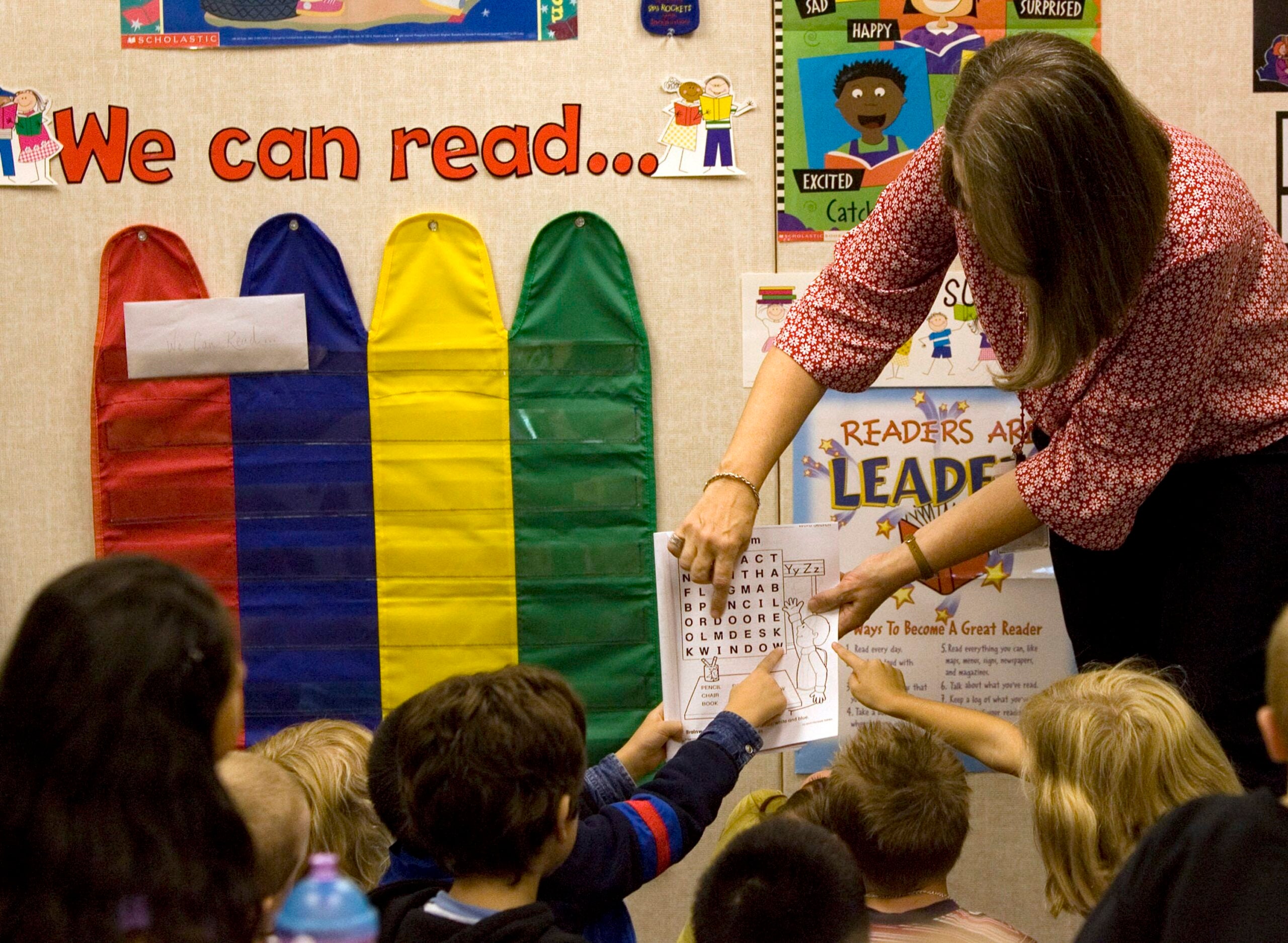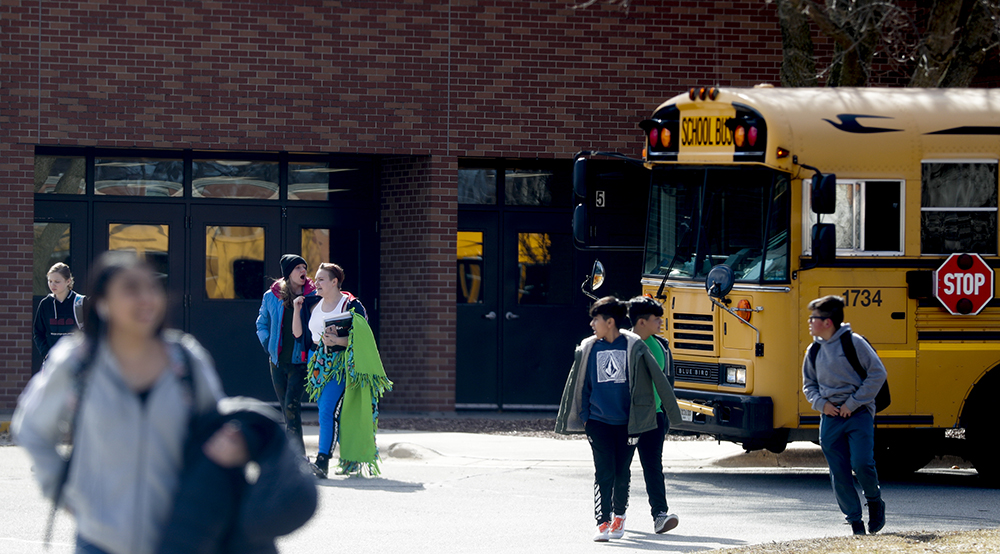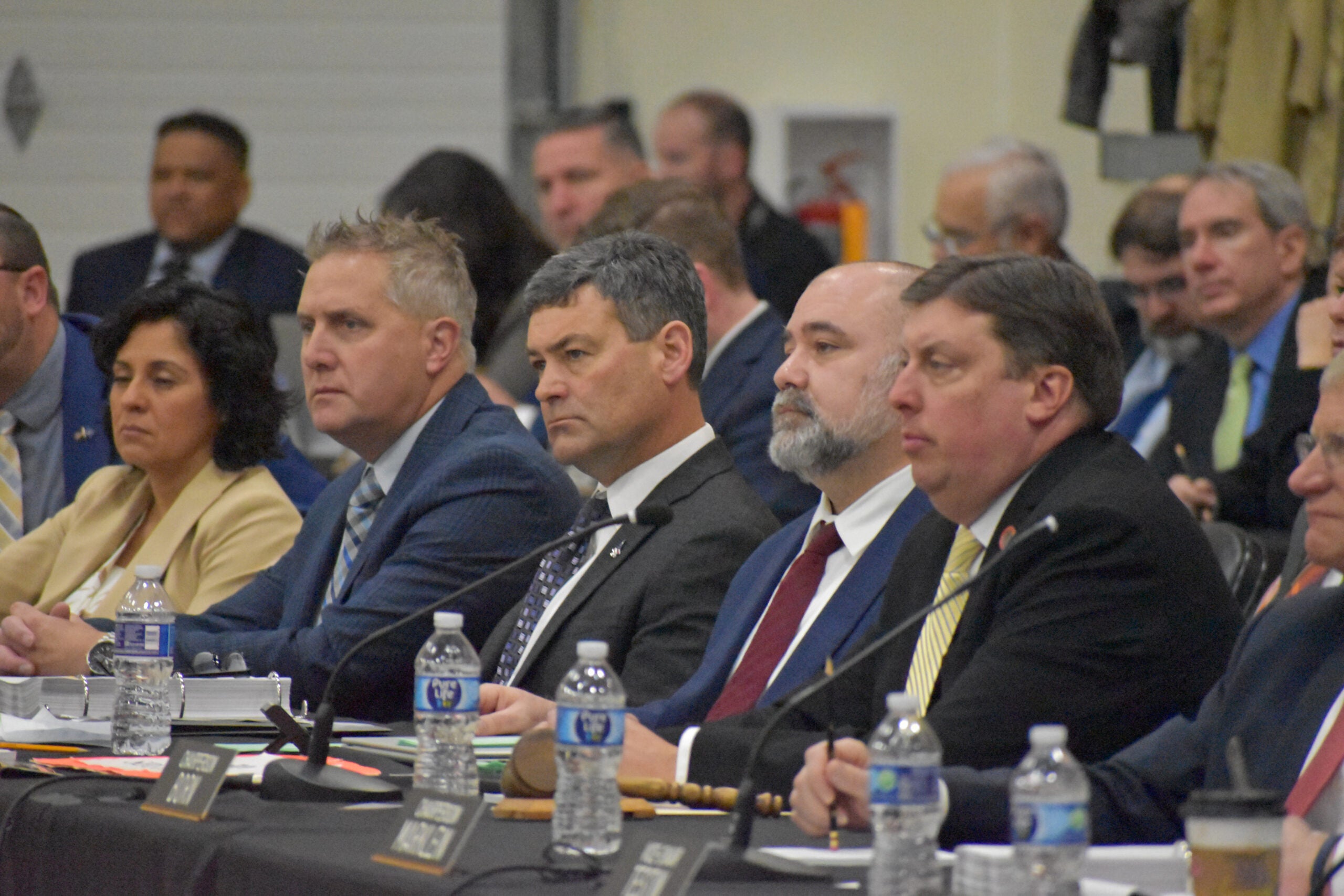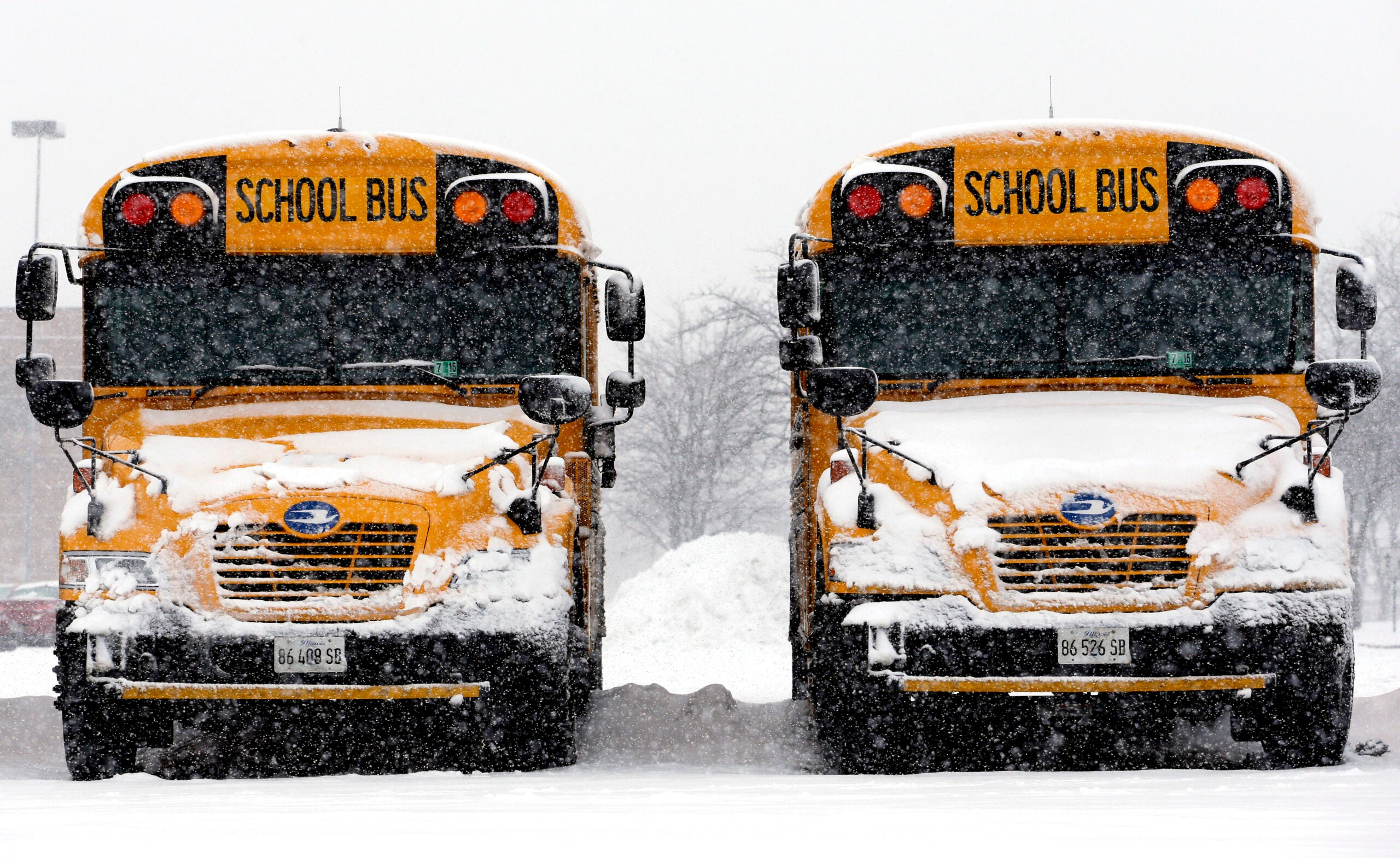The Wisconsin Legislature’s budget committee is poised to approve Gov. Scott Walker’s plan to allow low-spending school districts to raise property taxes without voter approval.
Under the bill up for a vote Thursday, school districts that spend less than $9,400 per student would be able to raise property taxes without asking for voters’ permission first.
Rep. John Nygren, R-Marinette, spoke in support of the plan at a public hearing on the bill Wednesday. He said the change would help “level the playing field” for students in lower-spending districts.
Stay informed on the latest news
Sign up for WPR’s email newsletter.
“It’s an investment in their future,” Nygren said. “I think it’s something that’s time has come. We got the governor on board.”
The governor threw his support behind the plan last month after vetoing a similar proposal in the state budget.
In response to the governor’s veto, lawmakers added a provision to the bill that would bar districts from raising their revenue limit if a referendum to approve such a move was rejected by the voters within the past three years.
Walker said that addition ensures necessary accountability to voters.
But Democrats on the budget committee accused Republicans on Wednesday of sending more money to rural schools as an election year ploy.
During the public hearing, Rep. Katrina Shankland, D-Stevens Point, said Republicans should have included the funding in the state budget.
“Some of this money, actually more than this, could have been given earlier for a longer period of time to our most rural districts,” Shankland said. “And now you’re coming back and saying, ‘Here’s a little bit,’ and it just so happens to be an election year.”
Some school administrators have also questioned the plan, saying it unfairly penalizes schools that have attempted and failed to get more revenue through referendums.
If passed by the budget committee, the bill will move to the full Senate and Assembly.
Wisconsin Public Radio, © Copyright 2025, Board of Regents of the University of Wisconsin System and Wisconsin Educational Communications Board.







